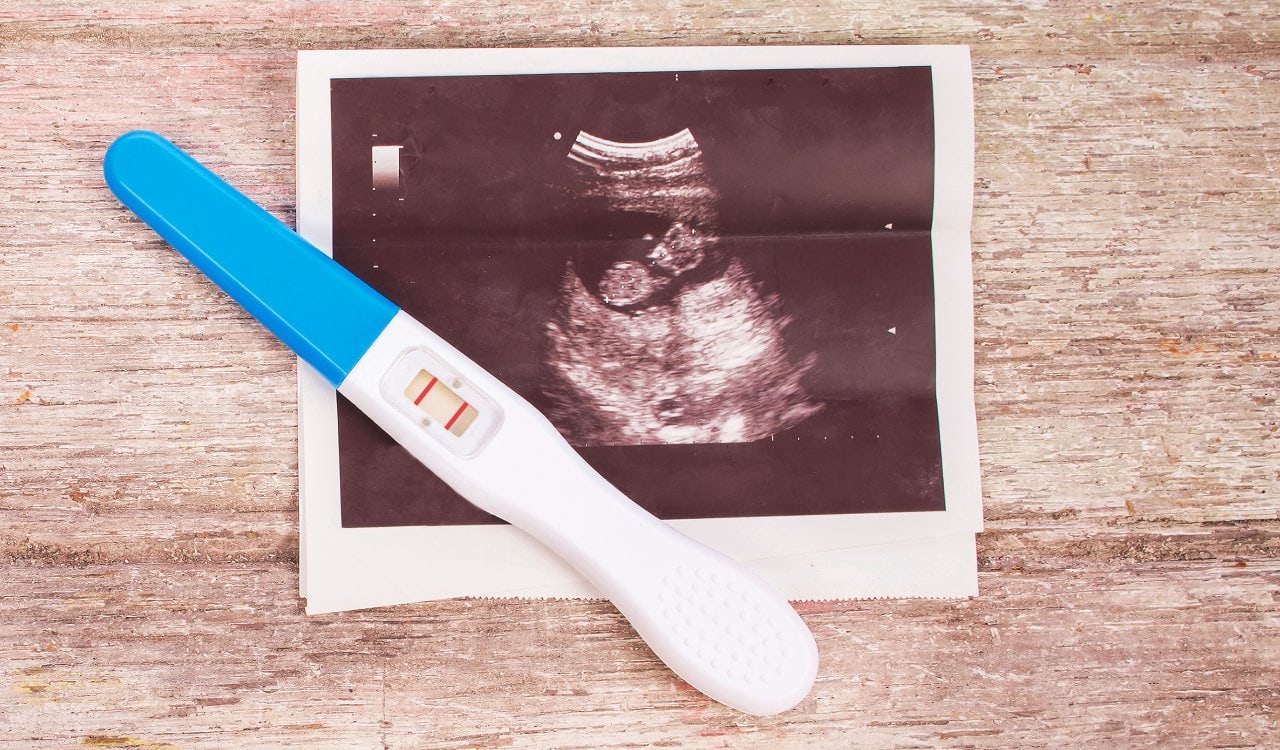There comes a time when we have to consider if we’re believing in something real or a complete myth. This is an even bigger concept when it comes to the medical world. Medical myths are a huge issue that we have to be aware of because some people believe in things that have been proven to be scientifically false. This problem is further exacerbated when some doctors still believe in these medical myths due to a lack of updated knowledge or past experiences. In some cases, a particular myth may have worked a few times, leading to the belief that it will work every time, which is not always the case. The problem is not new and can be traced back to ancient Greece, where they believed that seizures could be cured by praying to the gods. It is essential to dispel medical myths and educate ourselves and others on scientifically proven information to avoid potentially harmful outcomes.

Myth: “No Pain, No Gain”
One of the oddest medical myths has to do with something you are likely to hear a trainer or drill sergeant yell out to you. They say “no pain, no gain.” Essentially saying that if you feel some pain when working out, that’s fine. It means you must be doing something right for your body to react like this. However, this concept is not technically true. When someone feels sudden sharp or even acute pain, it is your body’s signal to slow down. If you disregard this, experts say that you won’t gain anything from it. Acute pain is your body’s response to alert you that there is a problem. Medical experts claim soreness is different, as people can feel that even up to 72 hours after an intense workout, match, or game. Discomfort or soreness is one thing, but true pain is another thing entirely.

Partial Myth: Drinking Cold Water Burns More Calories Than Warm Water
This is part of the world of medical myths but also has some basis in reality. If someone eats snow, for instance, to get water in their system. This can be a problem because you have to use extra calories to melt down the cold snow to form it into a liquid. Yet already liquid water won’t be a problem. Bodies burn calories via basal metabolic rate, physical activity, and digestion. Drinking cold water over warm water is not part of this. It is possible the myth began because our bodies do expend energy as we warm up. Thus, if our bodies work to raise our temperature then cold water should too, right? It should be noted that we do use about 8 calories to warm up, yet cold water can also bring down our body temperature too. Therefore, it shouldn’t be assumed that cold water will cause us to burn a ton of extra calories.

Myth: Thumb Sucking As A Child Causes Buck Teeth
Can thumb sucking as a child cause buck teeth? Many believe this is true, but it really isn’t. Some parents freak out over their child sucking their thumb and might even be against them using a pacifier after the age of 2. All in an effort to avoid the buck teeth problem. Yet dental experts claim that sucking your thumb or using a pacifier will not make a child more or less likely to develop buck teeth. At least, if that child is under 5 years old. After the age of 5, the shape of a child’s mouth and palate can change, even affecting the upper and lower jaw relationship. This can cause upper teeth to protrude and become more prominent. This could also cause an “open bite,” which leaves a gap in the middle front teeth. However, none of this is a problem before the age of 5.
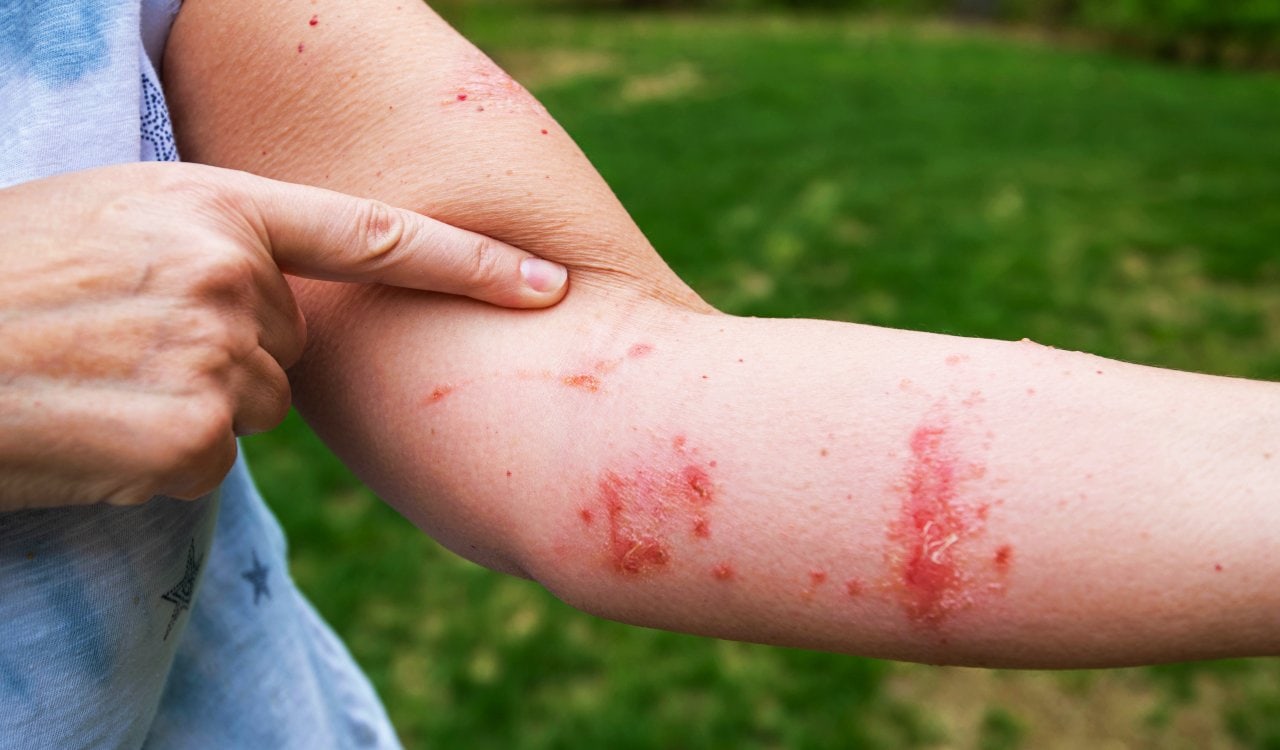
Myth: You’ll Catch Poison Ivy If You Touch Someone With It
While this is both true and false, it fell more into the medical myths category for a key reason we’re about to explain. It should be noted first that the poison ivy rash someone has is not contagious. Any fluid that comes from blisters from this rash is also not contagious. Of course, poison ivy rashes are caused by coming in contact with Urushiol, which is the oil from the leaves of a poison ivy plant. Usually, once a rash appears on a person’s body, the Urushiol is no longer on them. Of course, poison ivy can still be transmitted from a person’s skin, clothing, or even the fur of an animal if this oil is present. Thus, avoid the oil and you’ll be fine.
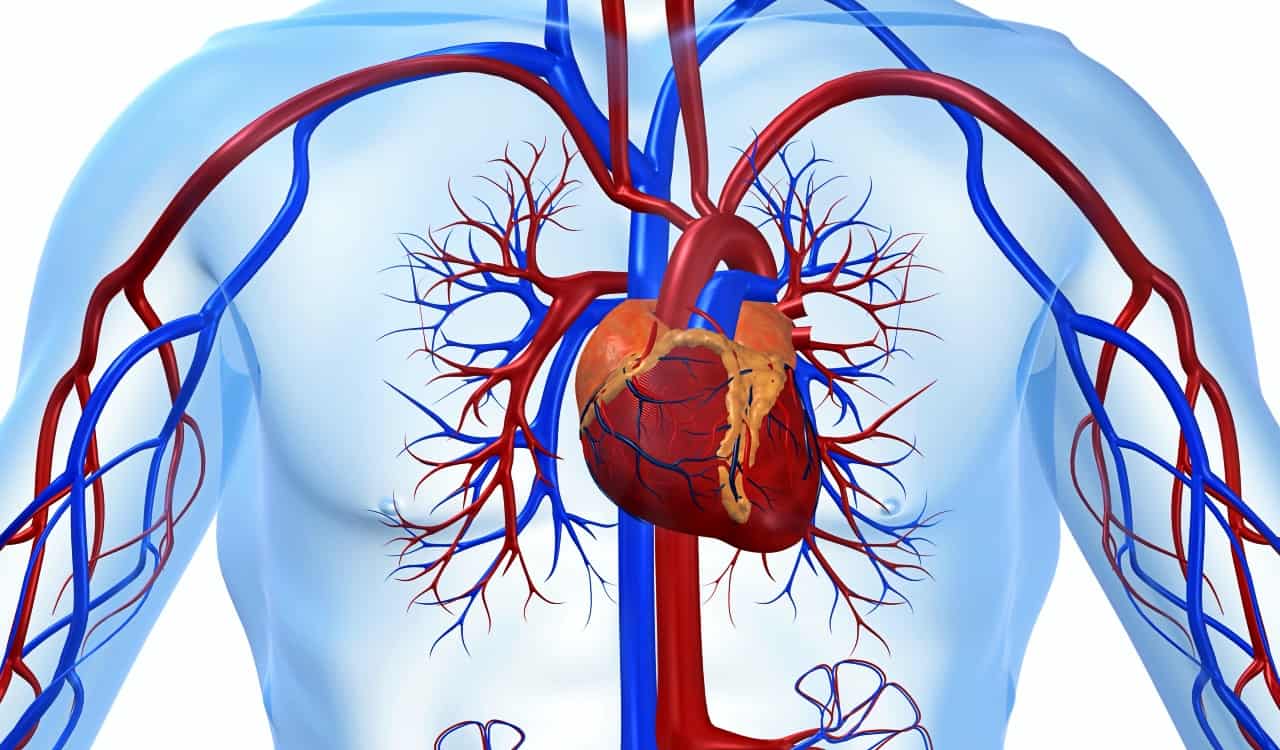
Myth: Blood Is Blue Inside Your Body
Many still believe that blood is blue when it’s inside our bodies. We all know that blood is red when it’s outside the body but the myth of how it looks inside our body has been pushed a lot. Specifically, this has to do with the fact that people look at their veins and see colors like blue. Why do we not see red? However, this is just a trick of the light. Red light has a long wavelength so it travels through the skin pretty easily and is then absorbed by hemoglobin. Blue light, on the other hand, has a shorter wavelength and is mostly absorbed by the skin. When white light hits the skin, the red light will be absorbed but blue light is what will be reflected back.
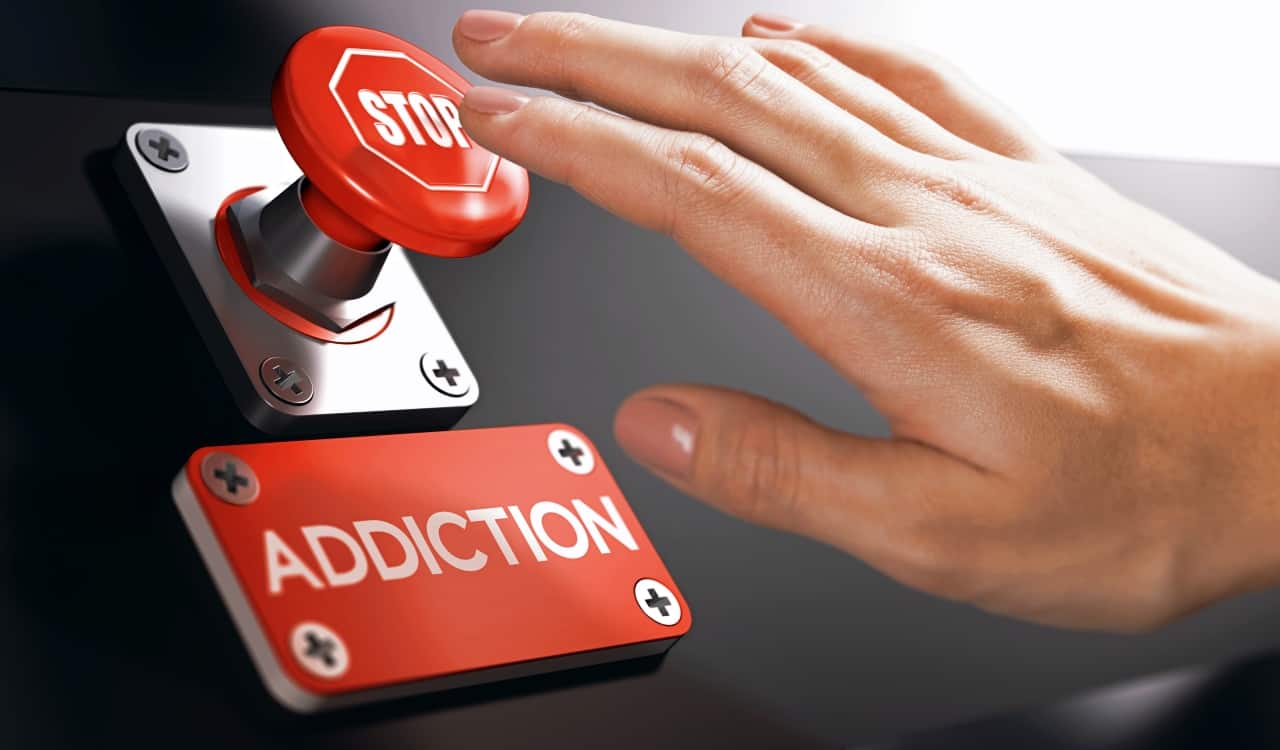
Myth: Addiction Is A Choice
Addiction is a very difficult thing for anyone and it has been proven that anyone can become an addict. However, some are more susceptible to addiction than others due to a disorder inside their brain. The part of the brain that controls addiction is the mesolimbic dopamine pathway. You’ve likely heard of dopamine before, as it is known as the reward center of the brain. Yet some people have an impairment, which causes Substance Use Disorder or SUD. When a person has this disorder, they are unable to control their use of substances like hardcore drugs, alcohol, and various medications. Yet SUD is also what seems to cause people to be sex & video game addicts too as the entire concept is a disorder in the dopamine center of the brain. Thus, many times, addiction is not really a choice.
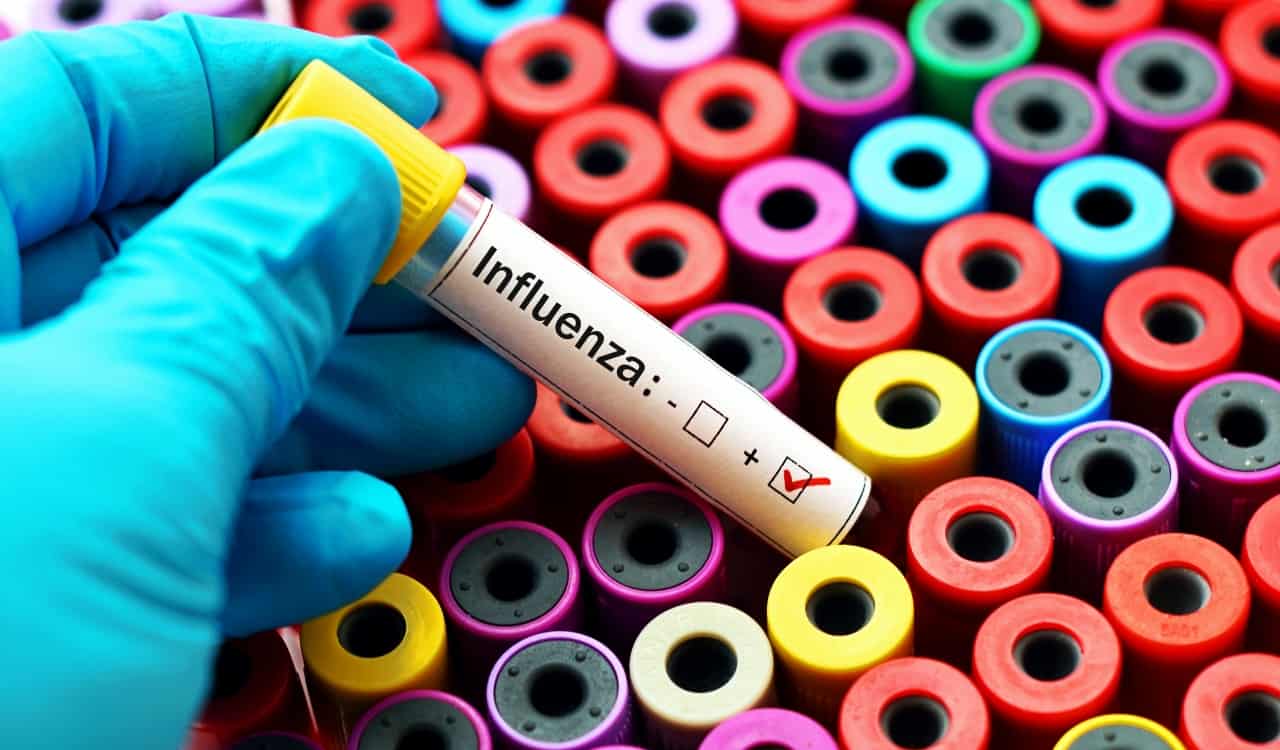
Myth: The Flu Shot Gives You The Flu
This is perhaps one of those medical myths that just will not die. There are even some pharmacists and doctors that used to believe this. When you get the Flu Shot, you’re getting a vaccine. Before the recent mRNA vaccines, we used to create vaccinations by using the virus itself. However, by the time it gets into the vaccine itself, any virus inside a vaccine is inert. This means it cannot give you the virus at all. Yet some will ask…why do I not feel great after I get the shot? It is actually a good thing when you feel a little crappy after getting it as this means the vaccine is being recognized by your immune system. Due to this, it is bringing the vaccine into the immune system fold and learning how to fight against it. When the actual virus comes around, it’ll then be prepared to fight against it more.

Myth: Gluten Is Bad
We should make one very key distinction here. It is possible to have a gluten allergy, which is why medical professionals will tell people to avoid it. Of course, having a gluten allergy might not result in a person having a bad allergic reaction most of the time. They might feel a little sick or even develop rashes on their skin. It can be worse for others. However, most people do not have this allergy yet gluten has been demonized by some in the health community as a terrible thing we should avoid if we want to lose weight. Gluten is in quite a lot of things, so avoiding it is pretty tough. Yet gluten is not a bad thing and does not cause any serious issues for most human beings.

Myth: You Should Starve Yourself To Lose Weight
Most people assume that if you just stop eating as much, you’ll lose weight. In theory, cutting back on overeating can be pretty helpful. However, some will not eat a meal or two or even eat at all during a given day. Others might fast for a day or two off and on during a period when they are trying to cut weight. Yet when we eat, we have a normal metabolic rate but not eating regularly lowers calorie consumption. It essentially kickstarts your body’s starvation mode defense. That causes your body to conserve food and store it as fat. Which can actually lead to partially gaining weight or having trouble losing fat when you do not eat like you’re supposed to.

Myth: Expired Medications Are Dangerous
Perhaps one of the most notable medical myths has to do with expiration labels. Pretty much everything you see with an expiration label in a grocery store is actually not showing you an expiration. Rather, it is giving you the period in which something is at its freshest. Something similar occurs in the world of medications. To clarify: the expiration label on medications is not about freshness but rather, effectiveness. In a study of more than 100 medications conducted by the FDA at the request of the U.S. Military, 90% of the meds were proven to be fine to take up to 15 years past their expiration. However, the effectiveness of most medications will slowly become obsolete the older they get even when stored in the most ideal conditions.
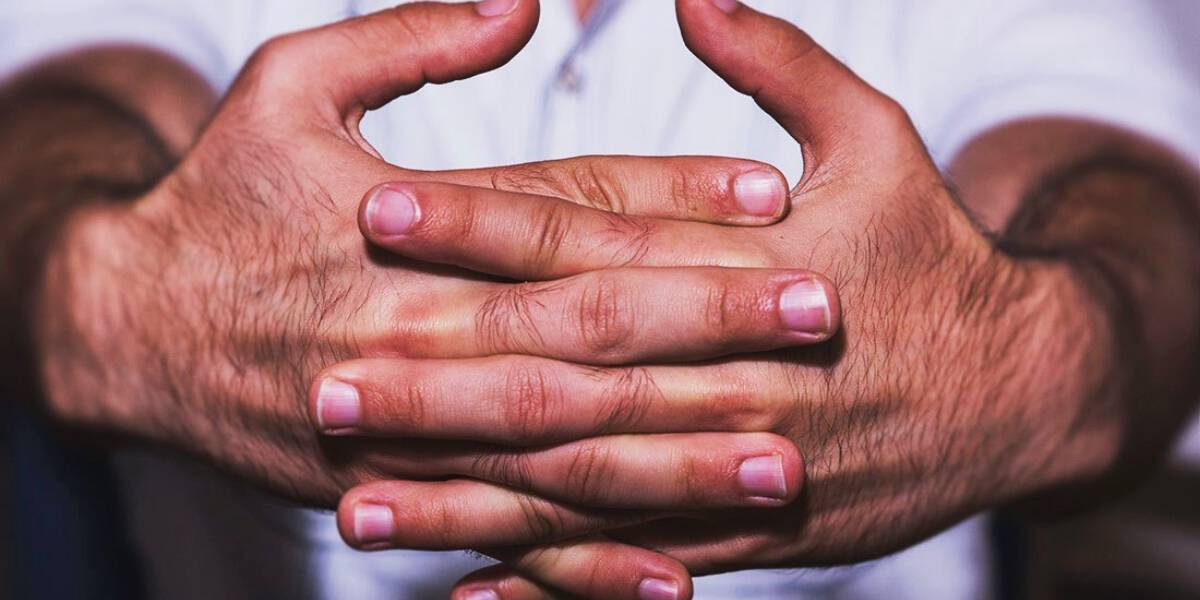
Myth: Cracking Knuckles Can Lead To Arthritis in Your Hands
This is probably one of the medical myths we all heard as kids from our friend’s mom when we popped our fingers or knuckles around them. It should be noted that there are many causes of arthritis and most of us will develop it somewhere in our bodies eventually. Yet cracking your knuckles will not lead to it in any form. The concept has been widely studied by several orthopedic and arthritis departments and organizations. None have found any evidence of someone developing arthritis in their hands due to cracking their knuckles. However, many did find that it might cause temporary soreness in the joints.

Myth: Pregnant Women Cannot Take Baths
This might be one of the weirdest medical myths we’ve ever heard. However, there are many who still believe that there is something to the idea that pregnant women cannot take baths. In all honesty, taking a bath might be just what the doctor ordered for pregnant women due to the likely back pain among other body aches one gets while carrying a child. However, it should be noted that you do not need to get your core body temperature higher than 102.2 degrees Fahrenheit. This is especially true in the first trimester. The reason is that higher temps for the body will increase the risk of a child developing brain or spinal cord issues. Yet you’re unlikely to overheat like that in a bath because it cools down while you’re in it. Pregnant women should likely avoid saunas or incredibly hot weather, however.
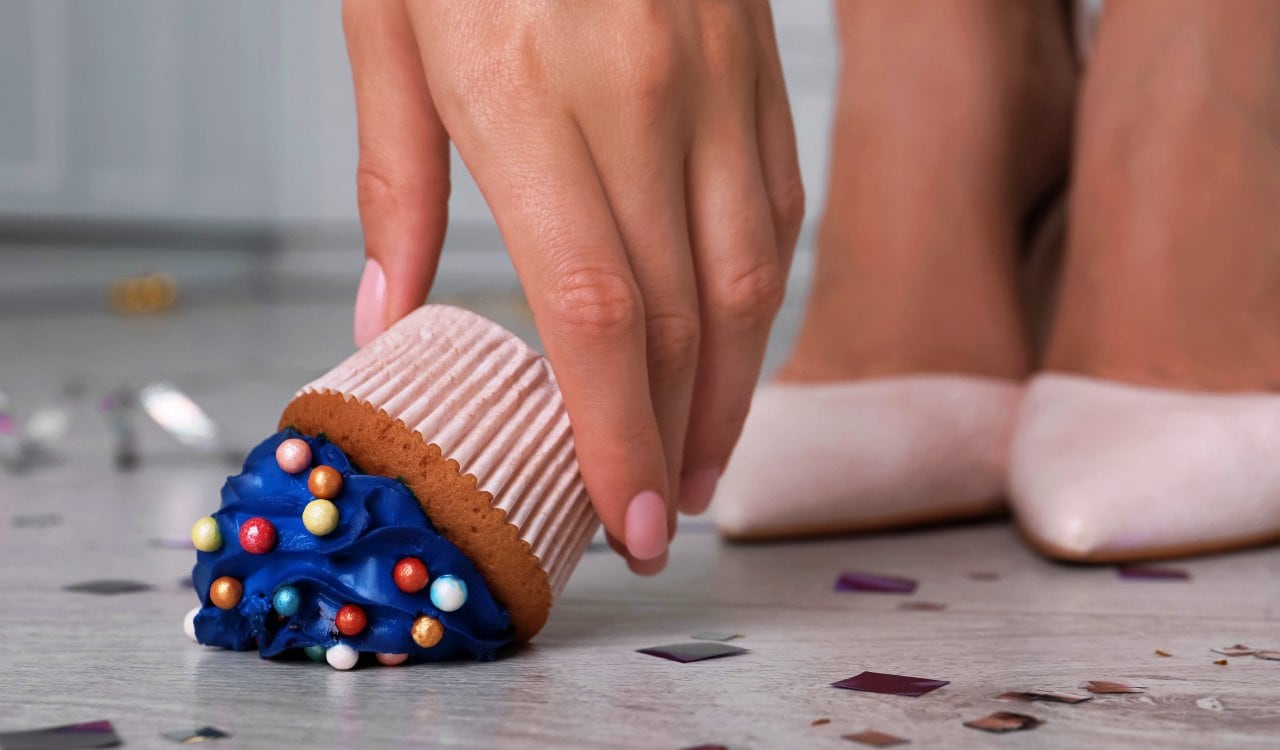
Myth: The 5-Second Rule
Everyone has heard of the 5-Second Rule by now, right? The idea is that as long as you pick something up from where you dropped it, everything is safe. Like if I drop a sandwich on the kitchen floor, as long as I pick it up in 5 seconds, we’re all good. No bacteria or nasty issues with this thing, because I picked it up immediately. Of course, while this would be nice…it’s one of the biggest medical myths around. Sadly, the moment something touches another surface, it will immediately come in contact with any potential bacteria present. This means if you drop it on a dirty floor, it doesn’t matter how long you wait to pick it back up, it’s likely to contain some nasty stuff from the area it hit. While it is possible the faster you pick something up, the fewer bacteria it’ll have…it’s STILL gonna have some on it.
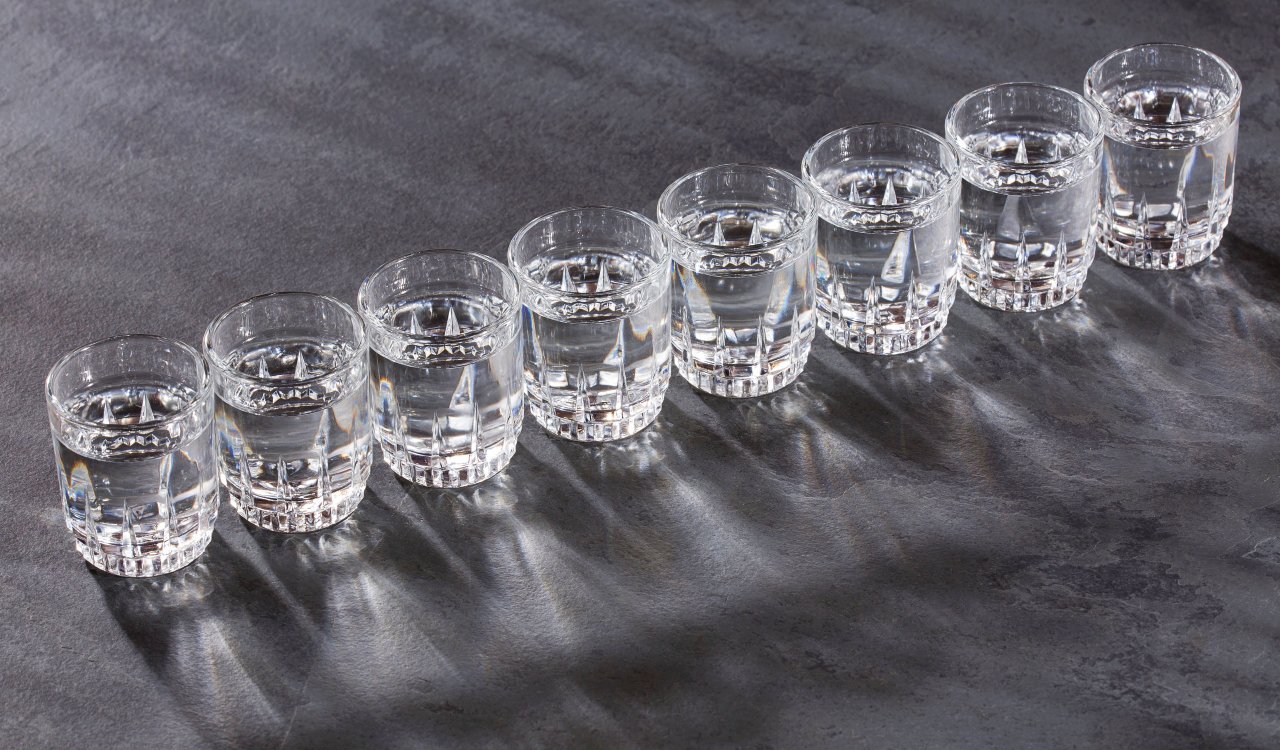
Myth: You Need To Drink 8 Glasses Of Water Per Day
Pretty much every health professional will encourage people to drink water every single day. We clearly need it in our bodies as we’re, like, 70% water anyway. Yet the amount one needs to consume per day is often debated. This makes the idea of drinking 8 glasses of water a day one of the bigger medical myths around. Most people do not need to drink this much. However, some will need to drink this or even more. Essentially, you need to replace what you’re losing. Let’s say you work in an office building all day… you’re not doing enough to need a ton of water. However, if you’re working on a roof in 100-degree weather, you’re likely sweating a lot and therefore losing a ton of water. Thus, you will likely need quite a lot of the stuff to replace all that you’re sweating away.

Myth: Supplements & Over The Counter Vitamins Always Make You Healthier
We should first point out that we do need to take supplements and vitamins sometimes. However, before you EVER begin taking this type of stuff, you should first pay a visit to your primary care doctor. Have them do a complete blood count (CBC), which should allow you to see all your major levels. This will show things like your vitamin B & D levels along with iron and much more. If all of these levels are fine, DO NOT take any vitamins. No, more vitamins do not make you healthier. Fads like “vitamin megadosing” are causing a lot of problems for people. When you go above what you need, these vitamins can actually make you sick. We get most of what we need from what we eat or drink, but if you do not then vitamin supplements are a good idea. Only if you’ve done a blood test that shows you need them.

Myth: Women Cannot Get Pregnant During Their Periods
Likely the biggest shocker on this list for some people. It is completely false that a woman cannot get pregnant while on her period. Of course, to be fair, this is only during certain points. First and foremost, she needs to have unprotected sex for this to occur as usual. Most of the time, it is hard to get pregnant by having sex at the beginning of your period. This means for the first day and even up to day three, you’re unlikely to get pregnant. Although this is all dependent on how long a woman’s period typically goes, how heavy the flow is, and stuff like that. Yet near the end of your period, pregnancy is possible. Planned Parenthood claims that a woman is most likely to get pregnant right before and during ovulation. Therefore, it’s possible those last few days could result in pregnancy if one has unprotected sex.

Myth: Starve A Fever, Feed A Cold
This is perhaps the oldest wives’ tale there is. This is one of the medical myths that “seemed” to be true at one point. The oldest known reference to this came from a 1574 dictionary written by John Withals. He noted in it that fasting is a great remedy for a fever. The idea was that eating food could help the body generate warmth during a “cold.” Therefore, eating could help you fight the cold better. This would mean you should avoid food for a fever because it might overheat your body. Yet this is completely false. It is true that your body is fighting a virus when you have a cold, and it does need proper energy to do this. This means properly eating is a good idea. However, food has no role in a fever. Keep in mind, a fever is your body’s response to fighting a virus so it’s technically a good thing.
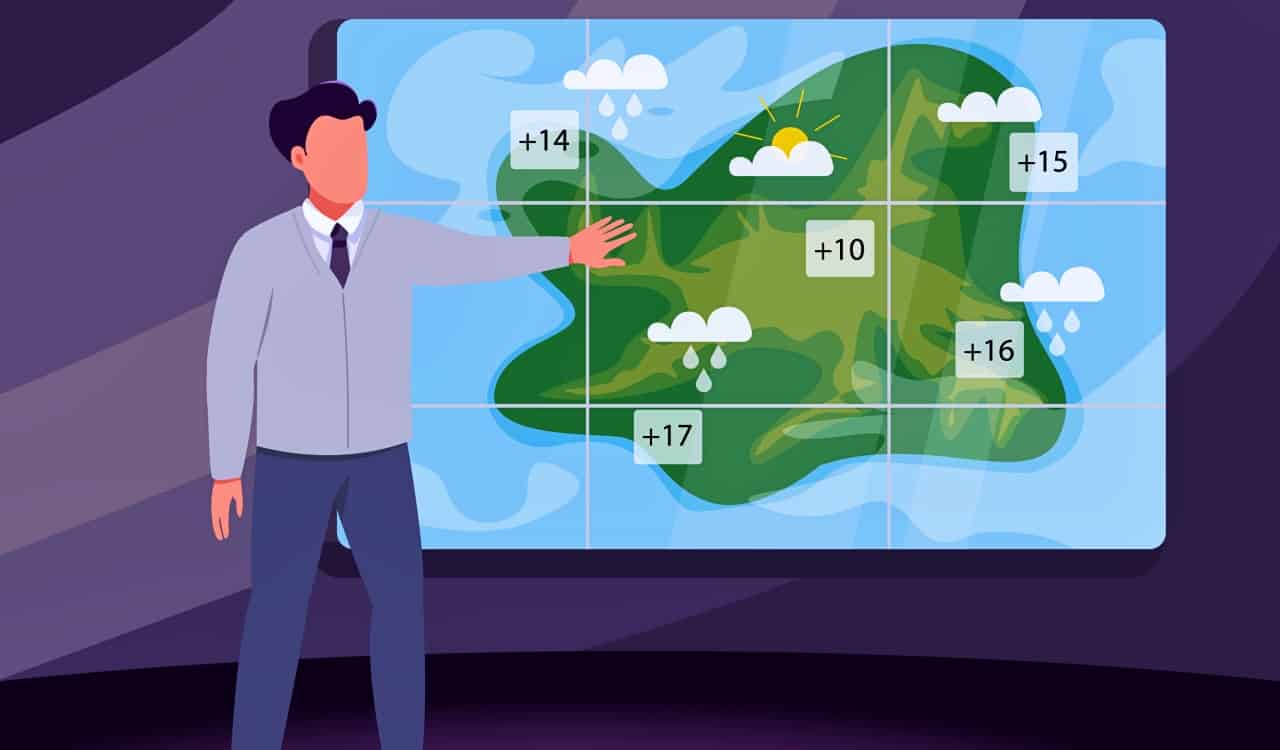
Myth: The Weather Makes You Sick
Speaking of colds, you’ve likely heard a lot of odd medical myths about weather and sickness. It should be noted that no, the cold weather or temperatures outside will not give you a cold. You can even go outside with wet hair in the cold and still won’t catch a virus. Although, you’d likely want to avoid it simply because hypothermia is still a thing. This also brings us to the truth about weather and temperatures. While the cold could cause things such as the aforementioned hypothermia, this is a progressive issue that will not happen if you spend 5 minutes outdoors. On top of this, things like heat stroke and exhaustion could occur. Both are also progressive from a longer period outdoors and often a lack of proper hydration. However, neither extreme temp will give you a virus or infection.
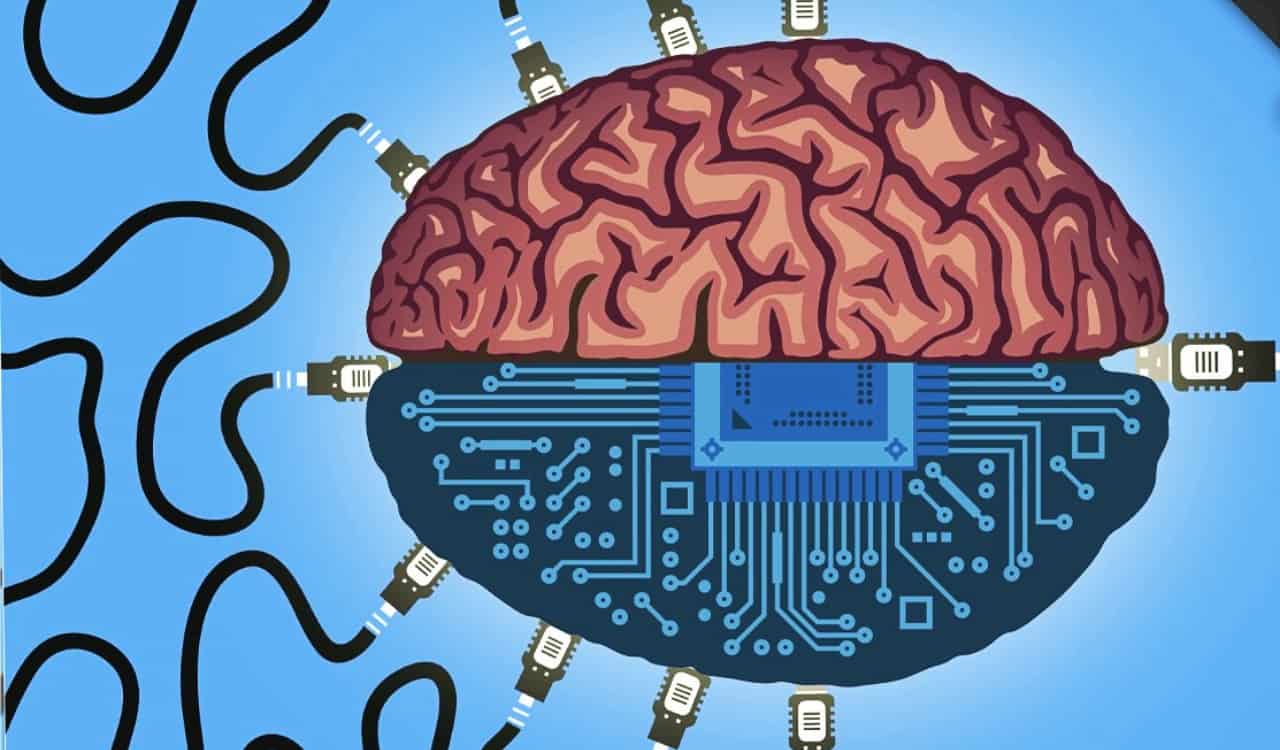
Myth: We Only Use 10% of Our Brain
Apologies to the great scriptwriters for the movie Limitless as well as its later television show, but we do not just use 10% of our brain. Therefore, there is no pill that could be made to access all of it because it’s unneeded. It seems this myth began in 1908 by William James who simply wrote in The Energies of Men “we are making use of only a small part of our possible mental and physical resources.” Of course, this was obviously over 100 years ago and it never referenced the 10% concept that would later pop up. Today we know that unless one has a neurological condition, they will use 100% of their brain. The brain is so active during the day that it uses up roughly 20% of our body’s energy. We simply do not use 100% of our brain all day long, as it has different functions for different needs.

Myth: Stay Awake If You Have A Concussion
Perhaps one of the most understandable medical myths on this list has to do with the idea that one should not sleep if they have a concussion. It is true that you need to keep a person awake if they cannot hold a conversation, aren’t walking properly, or have dilated pupils. Some people might even get sick and upchuck if they have one. If none of the previous signs are there, it is okay to let a person sleep but only after seeking medical treatment to be sure there aren’t any underlying neurological problems. While one can be knocked out when they sustain a concussion, this is not automatically going to give them a neurological disorder or cause internal bleeding. Most recover from a concussion pretty well, but it’s actually advised for them to get plenty of rest if they do not need any further medical treatment.

Myth: Psychiatric & Emergency Room Visits Increase During A Full Moon
You have likely heard someone reference that things are going weird where they are because “it’s a full moon.” This has often been referenced in the medical world too by people due to its colloquial use everywhere else. Due to the huge belief that ER visits go up during full moon periods, a group of Iranian researchers conducted a study in 2004 to see if there was any truth to it. During a 13-month period, 58,000 trauma patients were admitted to three hospitals which was the highest amount in Tehran. They followed the Lunar Calendar for the study, ensuring they caught every full moon. The result of the study was that trauma patients were not admitted to the ER anymore than they were during other periods. They also did not see an increase in attempted suicide or assault cases during full moons either.
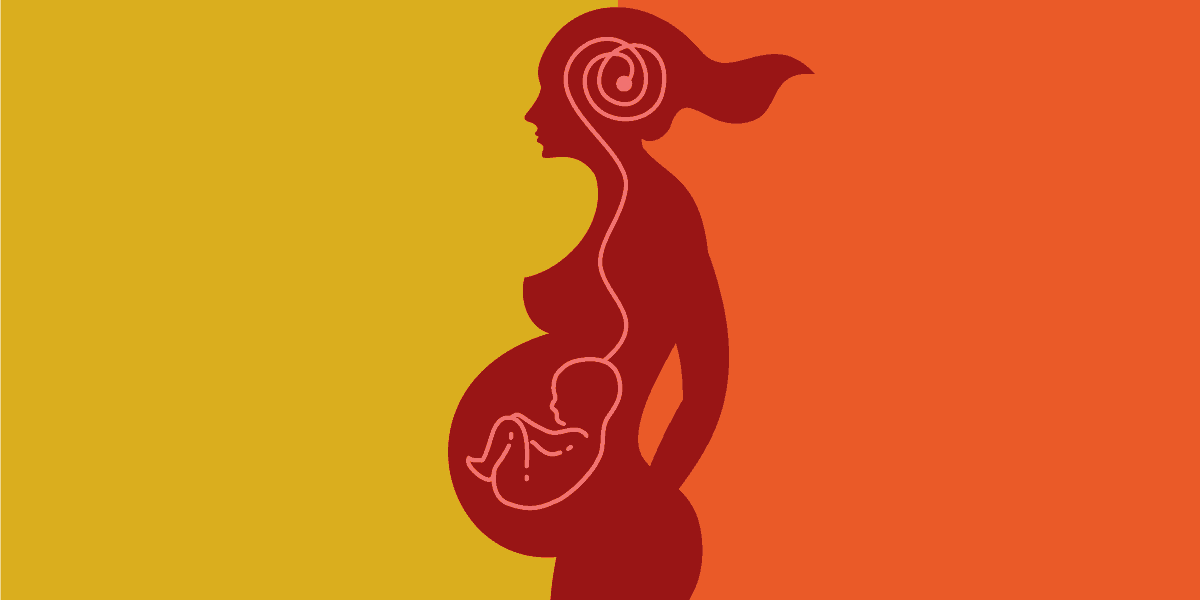
Myth: Pregnancy Always Does And Always Should Last For 9 Months
While most should know that this is one of the most untrue medical myths imaginable, you’d be surprised how many still believe it. Let us be clear about this though. Yes, it is usually good to carry your child “to term.” However, that does not mean 9 months as pregnancy itself is supposed to last for 40 weeks, which goes beyond that. In fact, 36 weeks or 9 months is actually referred to as a “preterm birth.” Plus, there are complications at times that can cause a child to be born even earlier than 9 months. A child can be born around 5 to 6 months, but they will need proper care in a hospital to survive. Yet a child can be born around 8 months and often will not need any major hospital care. Therefore, pregnancy does not always last for 9 months and it does not always have to.

Myth: Sitting Is The New Smoking
While smoking is obviously not advisable for its various health concerns, some have believed sitting has become just as bad as smoking. This is the idea that if someone is not an energetic and active person, they must be unhealthy. The concept was based on a 2010 study that found that people who sat more than 6 hours a day died earlier than people who say less than 3 hours per day. Yet follow-up studies on this data quickly found that it did not really consider other major data. Such as what a person was doing while sitting. Additional studies kept coming until major 2015 & 2018 studies found “no association to sitting and mortality risk.” However, health professionals still encourage exercise and not sitting constantly, as it can be good for our health to be a little active too.

Myth: BMI Levels Are Important
A person’s BMI or Body Mass Index is often referred to by nutritionists and many weight loss organizations. Yet the importance of a person’s BMI is one of the major medical myths of our time. Why should we see it as a problem? Mostly, the entire concept itself is flawed. One calculates their BMI by using their weight in pounds (or kilograms) and dividing it by the square of their height in feet (or meters). You’ll then get a number ranging from under 18.5 to over 30. If you’re 18.5 or under you’ll be underweight. Anyone at 30 and over are obese. Yet if you’re from 25 to 29.9 you’re overweight. However, you can likely see the issue with this. For example, John Cena at 6’0 and 250lbs and would be obese on a BMI scale, meaning he’s likely in bad health. Yet one can easily see this man is in great shape.
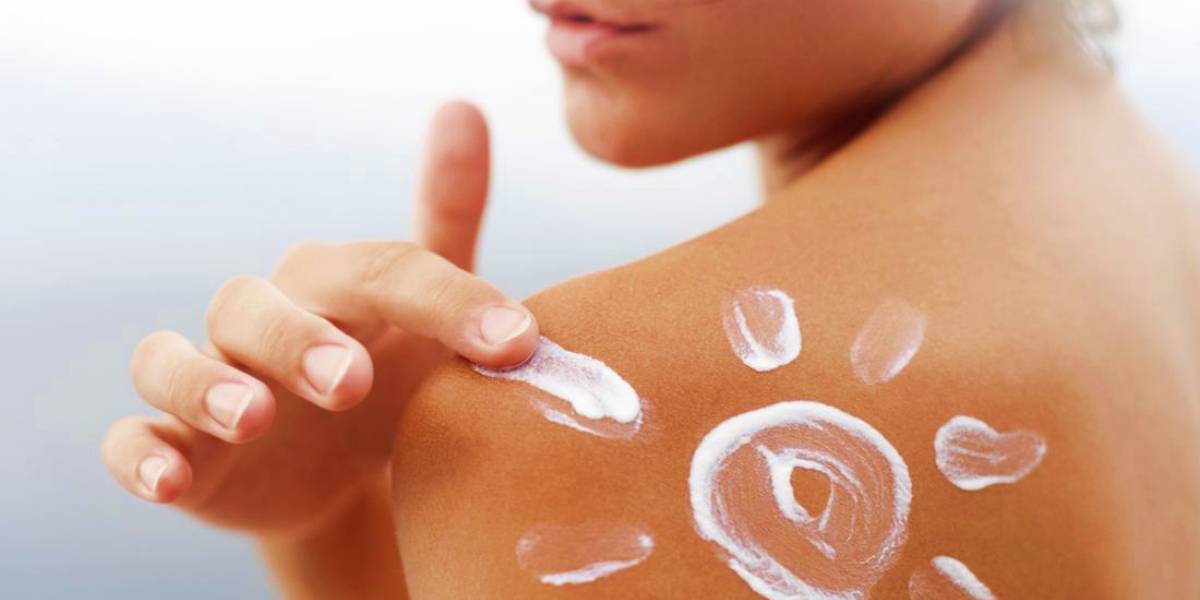
Myth: Sunscreen Is Only Needed When The Sun Is Out
Perhaps one of the biggest medical myths involves when one should wear sunscreen. Most people assume you’ll only need to wear it when the sun is beaming down on a 90+ degree day, such as in the Spring or Summer. However, you can actually get sunburnt in 50 to 60-degree weather with the sun barely out. We’ll even go further on this and tell you that you can still get burnt even when the Sun has pretty much disappeared in the evening. Ultraviolet rays, which are what the Sun emits, and what burns or tans our human skin. These rays are generally strongest from 10:00 am to 4:00 pm. However, there are some UV rays still being emitted after 4:00 pm. This just depends on how intense the sun is in a given place. Therefore, it is good to wear sunscreen anytime especially if you have sensitive skin.

Myth: Energy Drinks Offer Better Ingredients To Keep You Going Than Coffee
While energy drinks are a major fad right now, there is a huge problem with what people think about them. While it is true that energy drinks will give you energy, the way they offer energy is misunderstood. They make a lot of claims about the vitamins or other often weird ingredients used in their product. Before “energy drinks” became a thing, some drinks like Surge were banned by the FDA. Yet after energy drinks became a thing they rebranded as “Vault.” Energy drinks are made with a lot of bad chemicals but they actually offer energy the same way a normal cup of coffee does. They use the infamous ingredients known as caffeine and sugar. Therefore, you’re actually not getting any more efficient boosts from energy drinks and could actually be harming your body more by using them.

Myth: All Cholesterol Is Bad
Cholesterol is often misunderstood and people tend to freak out when they see it show up on things. While there are some goods and even drinks that have higher rates of cholesterol in them, we actually need some. Cholesterol is a molecule and part of lipids, which are a class of organic compounds that are technically fatty acids or their derivatives. They are insoluble in water but will be soluble in organic solvents. You’ll see them in natural oils, waxes, and even steroids. The amount of cholesterol in our blood can be important as it plays a role in heart health. We judge it based on LDL & HDL numbers. The higher your LDL is, the greater chance you could have a stroke or heart disease. HDL, on the other hand, can be good to see as it absorbs cholesterol in our blood and flushes it out via the liver.

Myth: Cell Phones Mess With & Interact With Hospital Equipment
Perhaps the very same issue assumed on airplanes, cell phones were often assumed to be the cause of every bad thing that could be experienced. According to the FDA, it was assumed that the radio frequency energy or RF from cell phones could potentially interact with some electronic medical devices. Yet while cell phones could possibly have interacted with things like MRI machines, it would likely have been due to the metal inside of them. This is why they ask you to take off your belt or any piercings before you get one. The Mayo Clinic did a study and found that cell phones did not cause any RF issues. In 300 tests in rooms containing at least 192 medical devices (including ECG monitors and ventilators), cell phones caused no problems with the medical equipment even once.
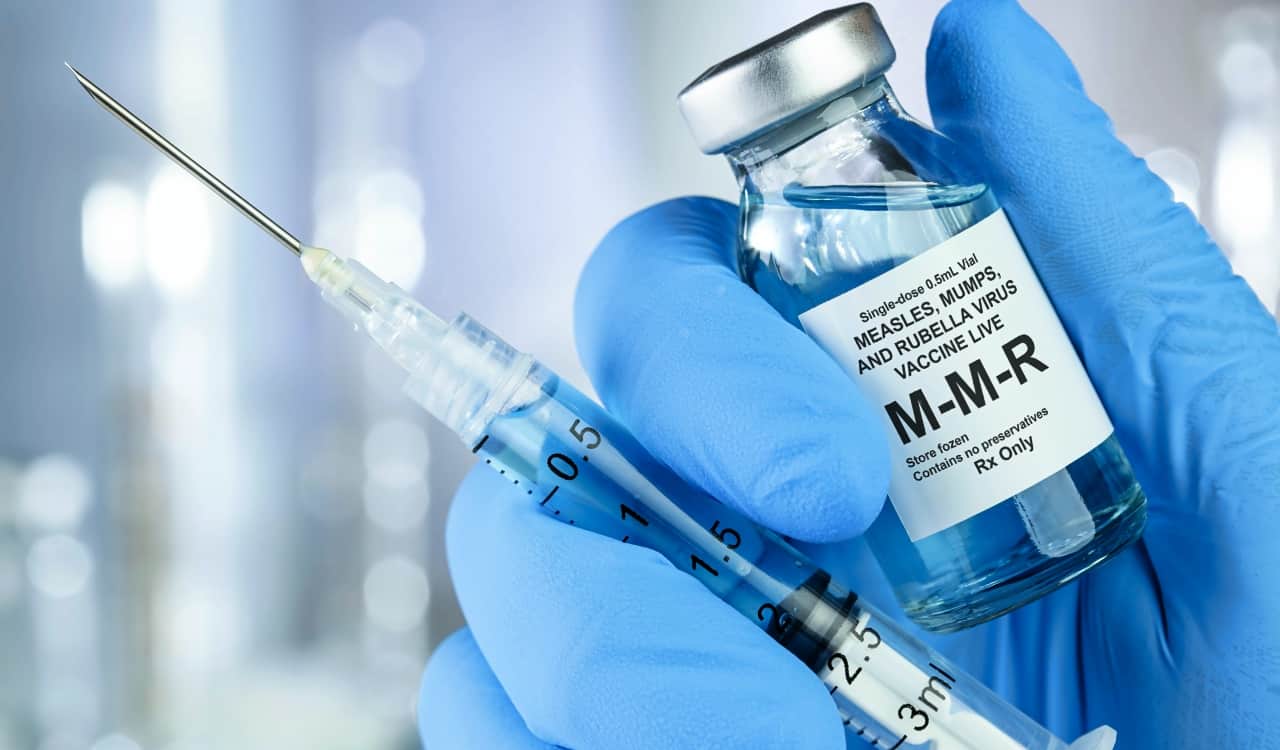
Myth: Vaccines Cause Autism
This is probably the most important thing to address in an article about medical myths. Vaccines have not ever been shown to have a role in causing autism. It is important to note that autism is something one is born with and does not just show up later on because of a shot or vaccine. There are a few reasons people believe this. First, it’s likely because we start vaccines pretty young, usually at the 2-month stage. Autism does not typically show up heavily until a child is around 18 months to 2 years old. By then, they would have likely had several vaccines. It is also due to a study that has since been debunked multiple times with pretty much every researcher involved claiming it was incorrect. Therefore, we still are wondering why there are so many who believe autism can be caused by a vaccine.
Where Do We Find This Stuff? Here Are Our Sources:
National Institutes of Health
Centers for Disease Control & Prevention (CDC)
United States Federal Drug Administration (FDA)
Organization for Economic Co-Operation & Development (OECD)
The American College of Allergy, Asthma, & Immunology
International Concussion Society
University of Michigan
University of California
Harvard University
Johns Hopkins Medicine
Mayo Clinic
Cleveland Clinic
Cedars-Sinai Hospital
Planned Parenthood

